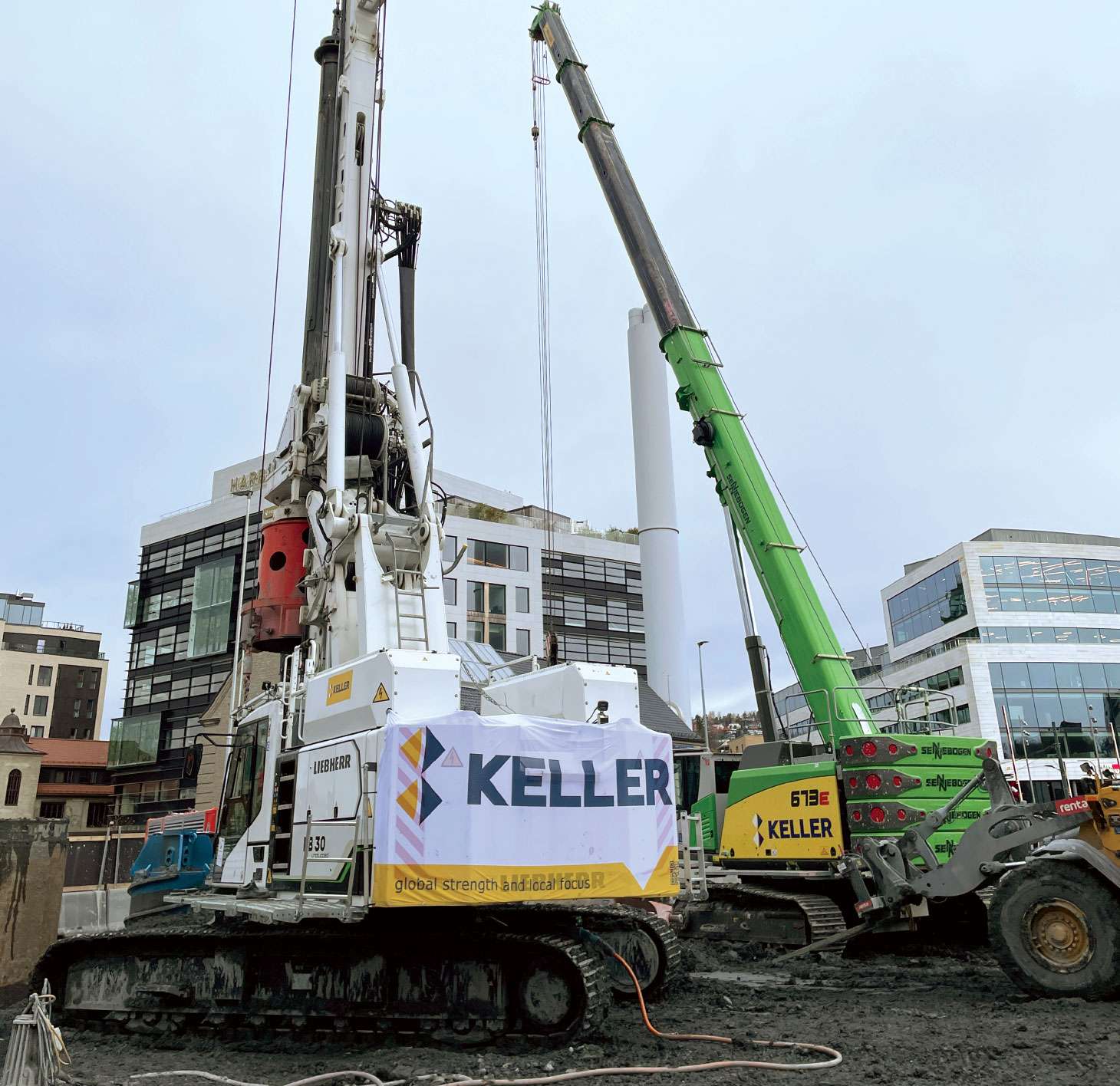
At Keller North America, the focus is on building the foundations for a sustainable future. With over 60 offices and 4,000 employees across Canada and the U.S., the division is part of Keller Group, a global geotechnical specialty contractor committed to building in a way that doesn’t compromise the future.
Kimberly Martin, Ph.D., P.E., Ottawa-based senior engineer, Innovation & Sustainability for Keller North America, drives the company’s sustainability agenda in North America. She says Keller’s approach is anchored in four key concepts – planet, people, principles and profitable projects – otherwise known within Keller as the “Four Ps.”
Essentially, the company’s current “planet” priorities include reducing resource usage and zeroing in on carbon reduction. The “people” category reflects Keller’s emphasis on safe operations and its inclusive, welcoming culture. “Principles” refers to practising good governance and adhering to the company’s established operational systems and controls. Finally, “profitable projects” refers to Keller’s aim to ensure long-term profitability and growth through a core emphasis on environmentally sustainable construction.
“If we can positively impact people and reduce our negative impact in an ethical way, we’ll deliver a successful project,” said Martin. “We look at sustainability holistically, framed within the UN Sustainable Development Goals on the social and environmental sides. On the social front, our biggest push has been internal to expand employee benefits and our social impact.”
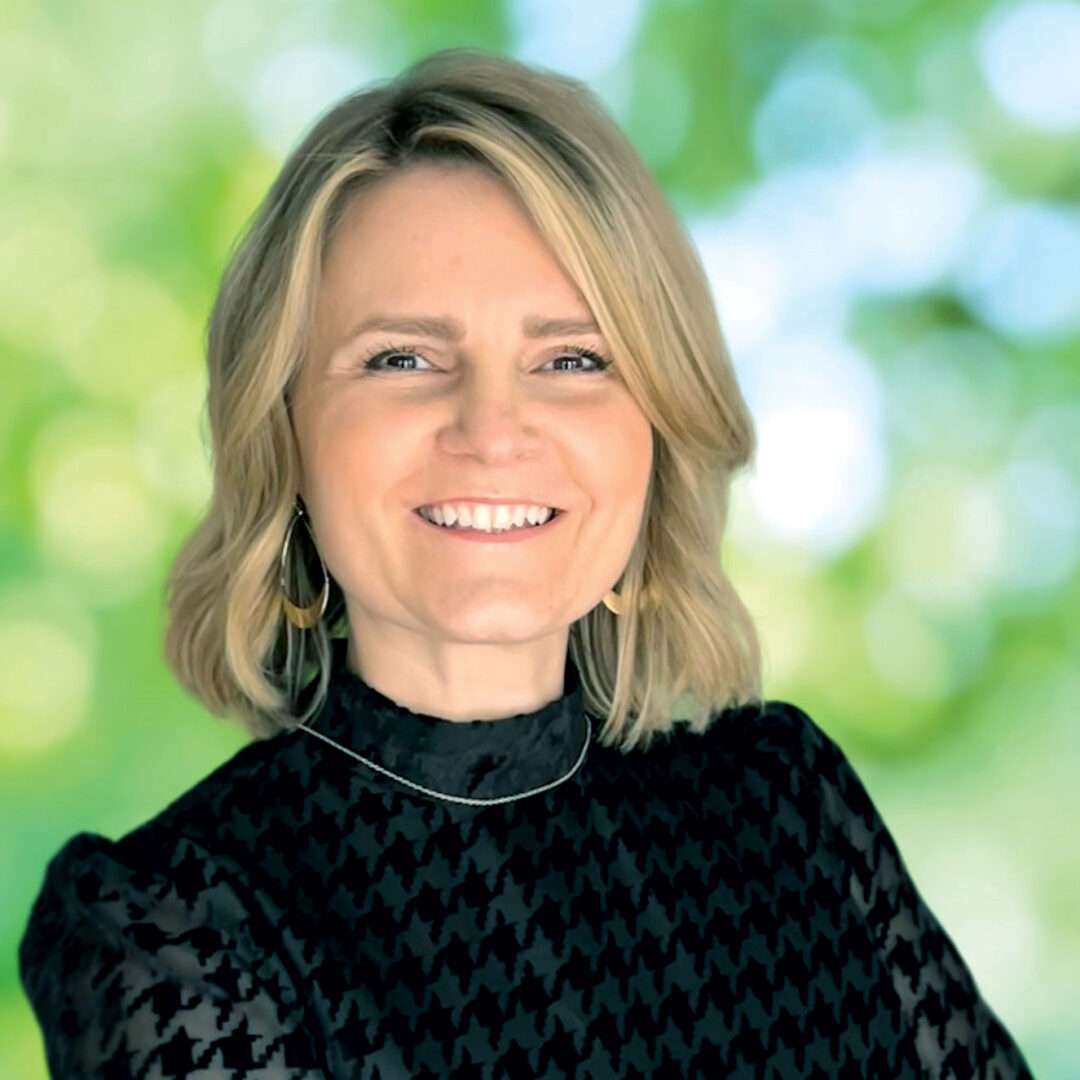
“Now that we have more efficient buildings, we are realizing that a building’s carbon emissions are more driven by the embodied carbon – which comes from the materials and effort used to build it.”
– Kimberly Martin, Ph.D., P.E., Keller North America
For example, Keller North America has stepped up its support for Revolution Workshop, a non-profit Chicago-based organization that brings construction skills training and job opportunities to the city’s underserved communities.
The company is also committed to gender equity across its global operations, reporting annually on how many women work at Keller across all levels of the business. In the past five years, Keller has reported an increase from seven per cent to 25 per cent women in engineering graduate and apprenticeship roles. The company continues to explore university partnerships, where it can connect with more women and minority organizations to promote careers in geotechnical engineering.
On the environmental side, Keller’s approach to sustainability is multi-pronged, with carbon reduction being a key focus.
“If you can measure it, you can work on it,” said Martin. “Our industry can have a real impact on carbon, optimizing scope and which materials to use. In many cases, carbon reduction also aligns with our clients’ priorities.” She explains that carbon emissions reduction in the built environment is changing. “Architects were really driving sustainable buildings from an operational perspective, but now that we have more efficient buildings, we are realizing that a building’s carbon emissions are more driven by the embodied carbon – which comes from the materials and effort used to build it.”
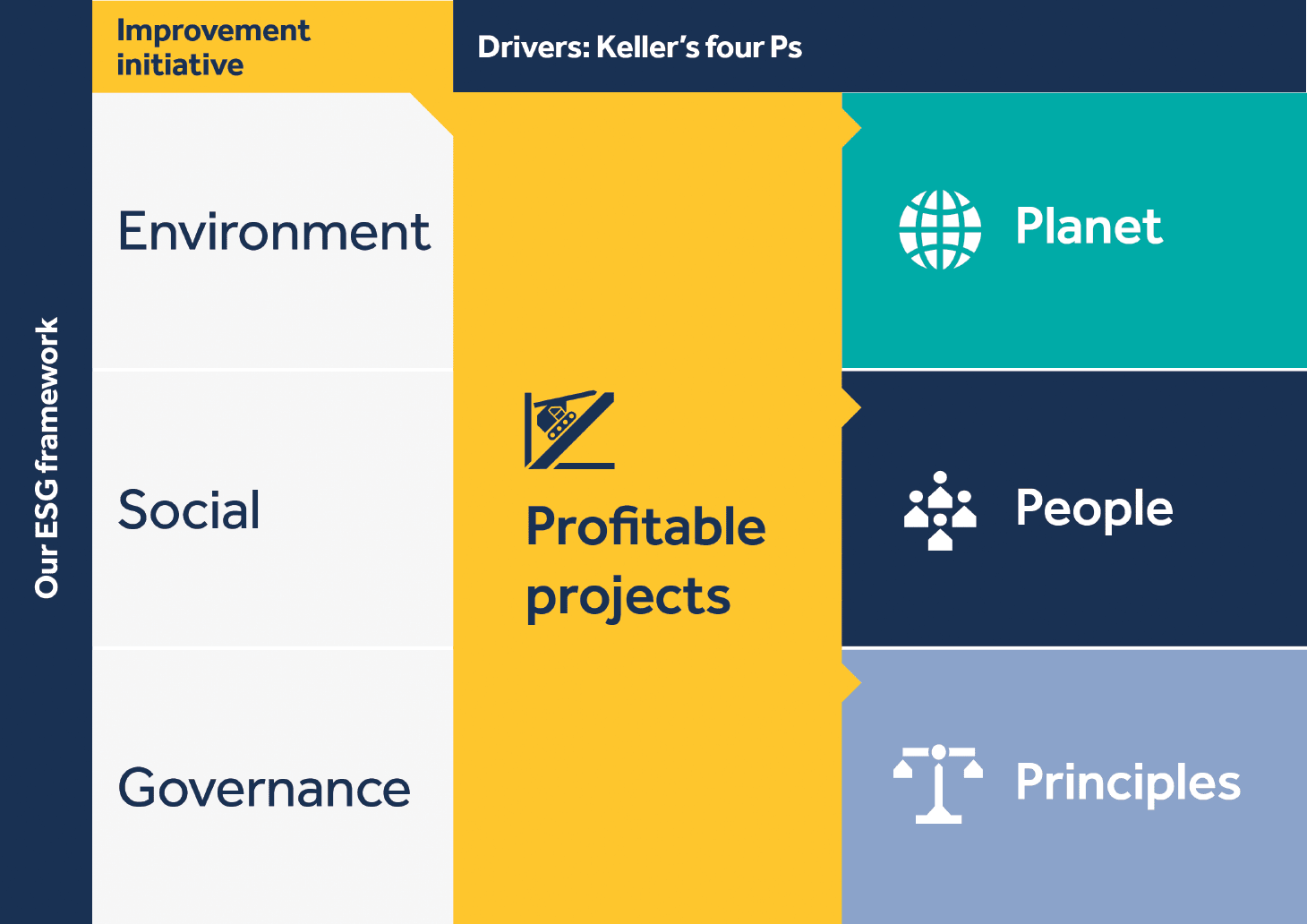
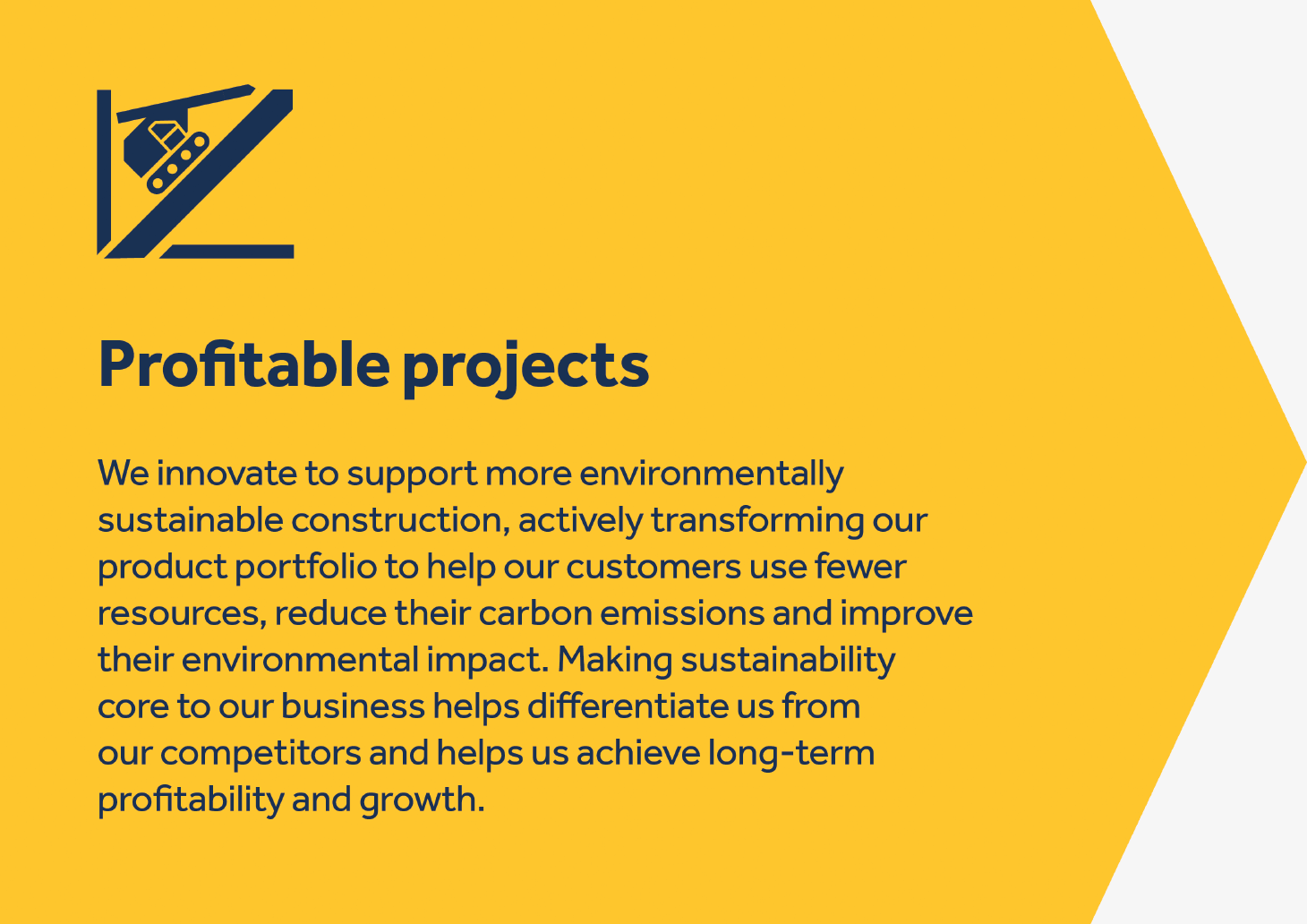
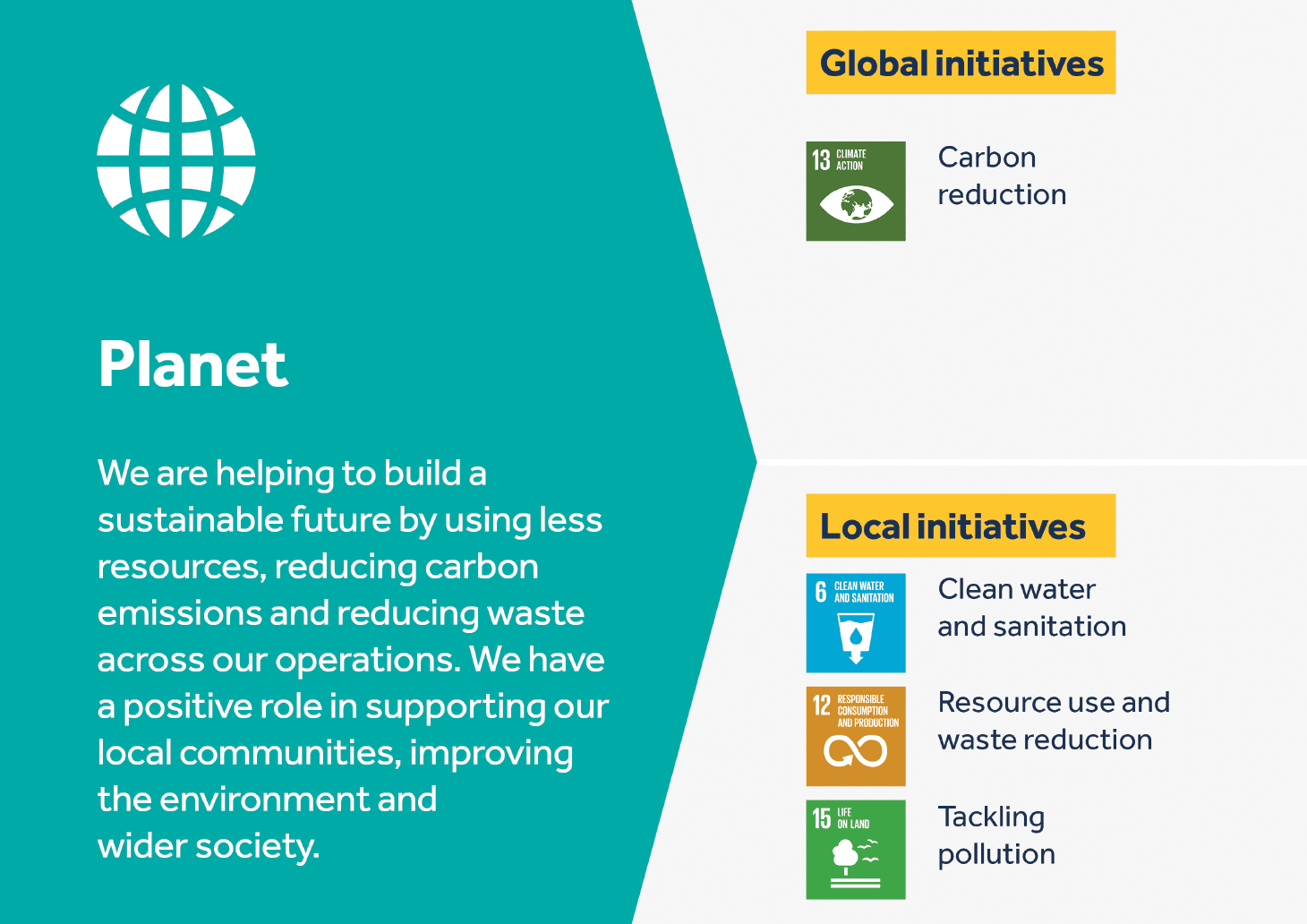
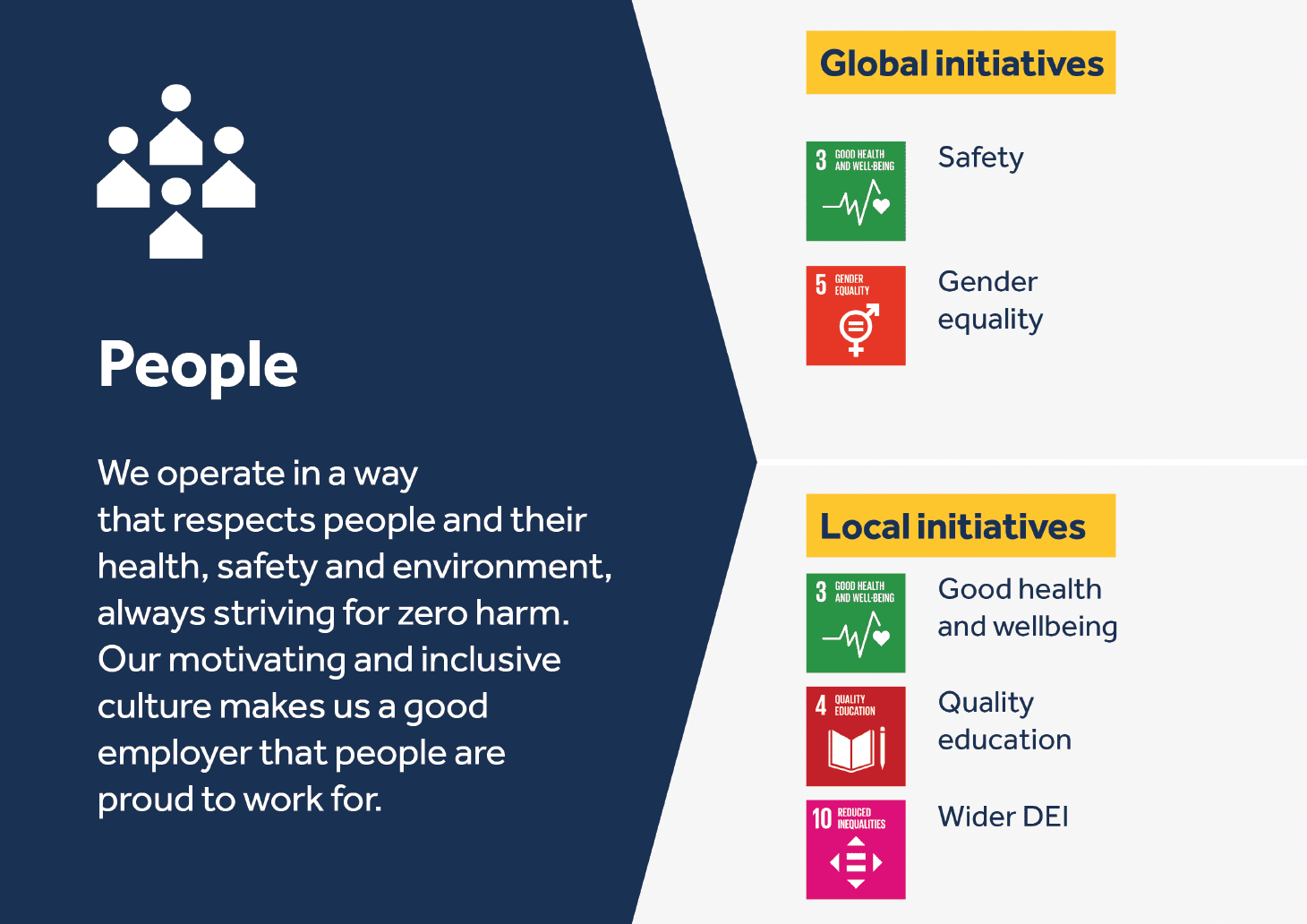
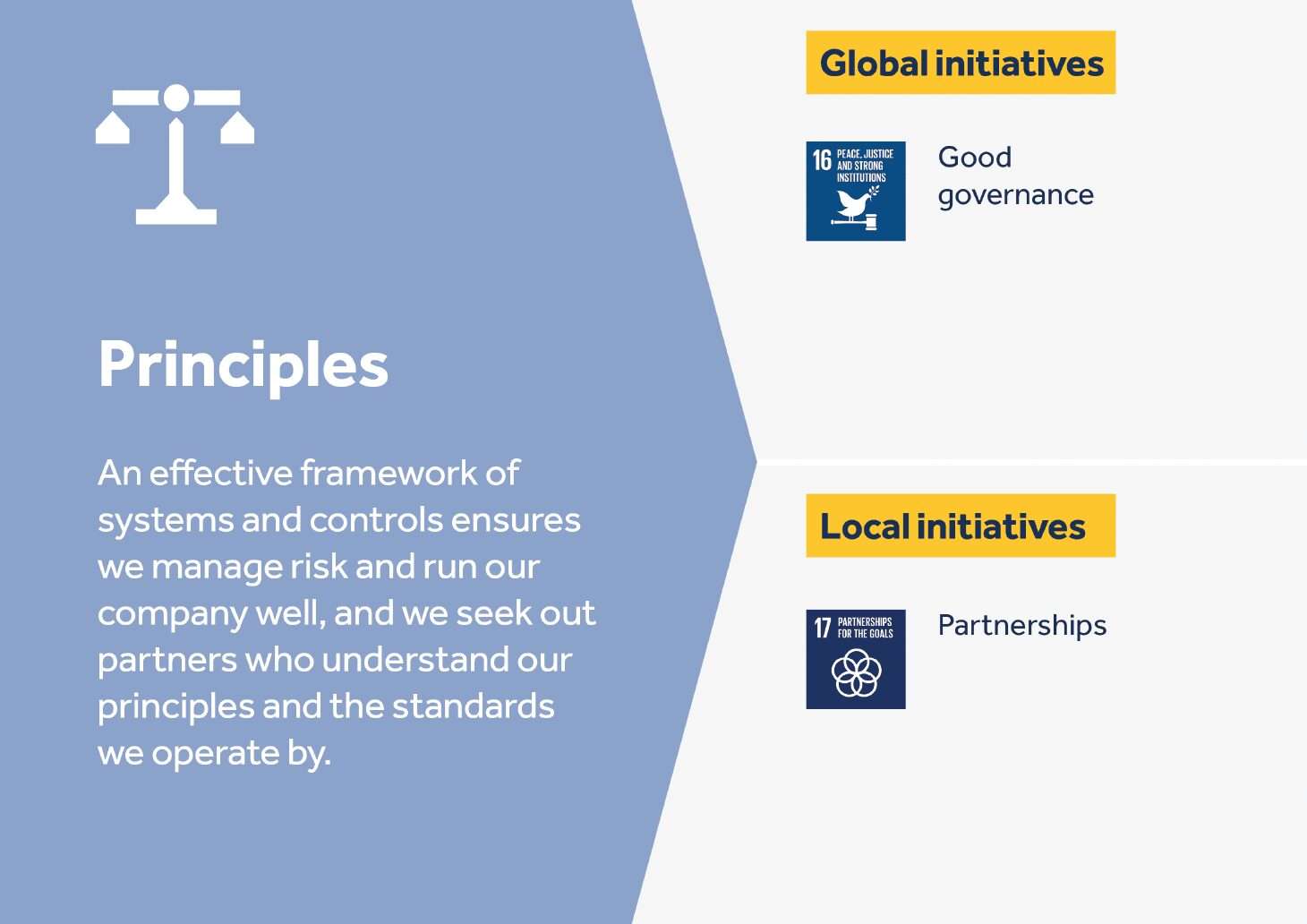
That’s why she says it’s important for construction engineers and contractors to have a seat at the table early in the project planning process. A group effort involving all stakeholders is important to minimize a project’s carbon impact.
Martin says Keller is also measuring its consumption of Scope 1 emissions (directly emitted by company machinery, facilities and vehicles) and Scope 2 emissions (associated with the purchase and use of electricity). Keller has set targets for its fuel-related emissions to reach net zero by 2040, while electricity use is on target to reach net zero by 2030.
“We’re doing quite well,” said Martin. “However, electricity is by far our smallest scope of emissions.”
Scope 3 emissions include everything else along the value chain – in Keller’s case, this is mostly the embodied carbon in the materials it uses to build foundations. While the net zero target date hasn’t been set for this category yet, Keller is working with its suppliers to be better informed about the materials the company is buying. In many cases, Martin reports that suppliers are helpful, often providing environmental product declarations (EPDs) for their materials. An EPD is a transparent measure of a product’s cradle-to-gate environmental impact, including embodied carbon.
At Keller, sustainability is a team effort. Martin leads the company’s Team Planet, an employee group that drives Keller’s environmental sustainability initiatives through the business units. She also sits on Keller’s North America DEI Advisory Committee, another employee unit that advises leadership on how to advance diversity, equity and inclusion efforts.
“I work with our leaders and our employees,” said Martin. “It’s been great pushing the agenda in North America and with our global teams as we try to drive these big initiatives that come from our leaders. Our governance team also works to align our sustainability goals with those of the United Nations.”
Identifying sustainability focus areas that meet your clients’ needs while also having significance to your employees can help companies achieve critical workforce buy-in.
Down the road, Martin says Keller North America will examine how to better measure and reduce its supply chain emissions. She adds that the company is also seeing a push to expand its focus from carbon to conserving water and reducing pollution in the local communities in which it operates. Socially, she says Keller will continue to promote gender equity, quality educational opportunities, and safety on the job for the well-being of all its employees.
For companies that may not be as advanced in their sustainability journey, Martin recommends connecting with clients to find out what is important to them.
“For example, clients may have government requirements to report on the emissions coming from their subcontractors. Therefore, it’s prudent to start measuring your company’s emissions and work to reduce them,” she said. “On the social side, especially here in Canada, we see many clients emphasize the importance of working with Indigenous groups. Enhancing your company’s engagement with Indigenous-owned suppliers can be a great way to contribute to these efforts.”
Martin also recommends asking employees what is important to them. Identifying sustainability focus areas that meet your clients’ needs while also having significance to your employees can help companies achieve critical workforce buy-in.
“I recognize that sustainability can feel like a big issue to tackle, but by breaking it down into smaller pieces and then just getting started in measuring and improving, we can make progress and make a difference,” concluded Martin. “Further, we must share our progress with our employees, set new goals and expand our impact areas as we advance on our journey.
“Our progress in sustainability at Keller is largely thanks to our employees. After experiencing a global pandemic, many of us recognized that we want to continue growing our careers in our important industry, but we also aspire to create a positive legacy. Focusing on sustainability aligns perfectly with this goal.”